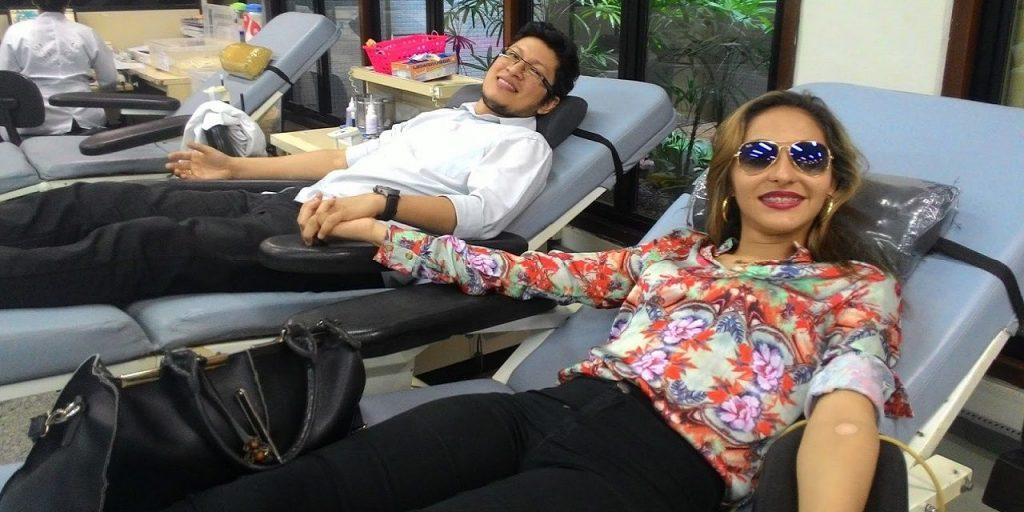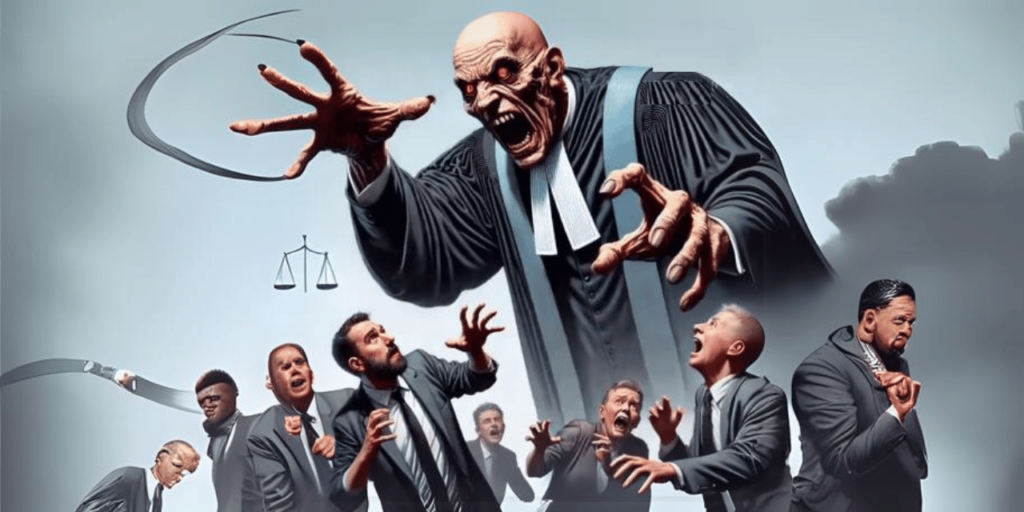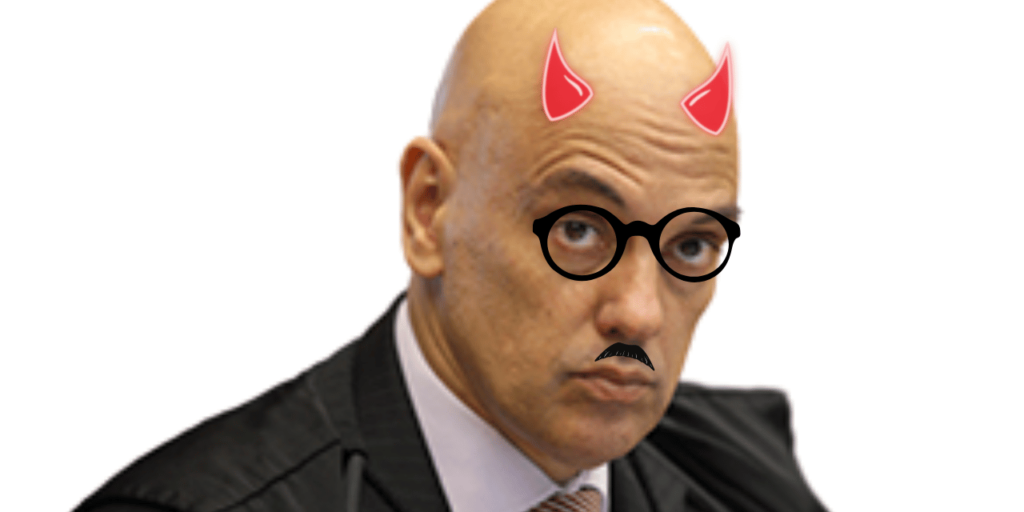Nesta quinta-feira (8), o Supremo Tribunal Federal (STF) se debruçou sobre uma questão que mais uma vez coloca a Corte no centro de um debate polêmico: até que ponto a liberdade religiosa pode interferir na saúde pública? Em jogo está o direito das Testemunhas de Jeová de recusar transfusões de sangue, um procedimento que é fundamental em muitos tratamentos médicos, mas que, por razões religiosas, é rejeitado por esse grupo.
O caso em análise
Dois casos específicos motivaram o julgamento. No primeiro, uma mulher se recusou a autorizar uma transfusão de sangue necessária durante uma cirurgia cardíaca na Santa Casa de Misericórdia de Maceió. O hospital, respeitando sua decisão, não realizou o procedimento. No segundo caso, um homem, também Testemunha de Jeová, solicitou à Justiça que o Sistema Único de Saúde (SUS) custeasse uma cirurgia ortopédica sem o uso de transfusões e arcasse com os custos do tratamento.

O dilema da saúde pública versus a liberdade religiosa
A advogada Eliza Gomes Morais Akiyama, que representa a mulher que recusou a transfusão, argumentou que as Testemunhas de Jeová enfrentam sérias dificuldades para manter sua saúde dentro dos limites impostos por suas crenças. Para ela, o Estado deve sim oferecer alternativas que respeitem essas convicções. “A recusa não é um capricho”, defendeu Eliza, enfatizando que esse tipo de decisão está profundamente ligado à dignidade pessoal e à paz interior com Deus.
Por outro lado, o defensor público Péricles Batista da Silva propôs a criação de um protocolo específico para atender Testemunhas de Jeová, garantindo que sua escolha seja respeitada desde que os médicos estejam cientes dessa condição. “Não há como obrigar um paciente adulto e capaz a receber um tratamento médico”, reforçou Péricles.
A insegurança jurídica para os médicos
O advogado Henderson Furst, que representa a Sociedade Brasileira de Bioética, alertou para a insegurança jurídica que tal decisão pode causar aos profissionais de saúde. Ele questionou como a autonomia dos pacientes será registrada e se um simples testamento seria suficiente para garantir que a vontade do paciente seja cumprida.
O papel do STF: árbitro ou legislador?
A intervenção do STF em questões como essa levanta dúvidas sobre o papel da Corte no sistema democrático brasileiro. Enquanto uns defendem que o tribunal tem a obrigação de proteger direitos fundamentais, outros criticam o que veem como um excesso de ativismo judicial, onde decisões que deveriam ser tomadas pelo Legislativo acabam sendo decididas por juízes.
A espera pela decisão final
Na sessão desta quinta-feira, os ministros ouviram as sustentações orais das partes envolvidas, mas ainda não há data para a votação dos ministros. A decisão do STF terá implicações profundas, não apenas para as Testemunhas de Jeová, mas também para o equilíbrio entre a liberdade religiosa e a saúde pública no Brasil.
Uma mensagem de reflexão:
“Lembre-se, a verdadeira liberdade envolve responsabilidade; ao exercer nossos direitos, devemos considerar os efeitos sobre a sociedade.”
AIELLO
8 anos falando o que outros portais não falam.

🚨 STF Once Again in Controversial Territory: Can Jehovah’s Witnesses Refuse Blood Transfusions? ⚖️
Specialist in the area of the portal article in Ribeirão, the only independent portal in the region that does not receive public funds.
Summary:
The Brazilian Supreme Court (STF) began deliberating on Thursday, August 8th, whether Jehovah’s Witnesses can refuse blood transfusions during treatments provided by the public health system (SUS). The Court will also decide if the State must cover alternative treatments that do not involve transfusions. This case, driven by two appeals, could set a significant precedent regarding the limits of religious freedom in Brazil.
STF Treading in Controversial Waters: Religious Freedom vs. Public Health
On Thursday, August 8th, Brazil’s Supreme Court found itself at the heart of another contentious debate: How far can religious freedom interfere with public health? The case at hand questions whether Jehovah’s Witnesses have the right to refuse life-saving blood transfusions, a procedure crucial in many medical treatments but rejected by the religious group.
The Cases at Hand
The current judgment stems from two specific cases. In the first, a woman refused to authorize a blood transfusion during critical heart surgery at the Santa Casa de Misericórdia in Maceió. Respecting her decision, the hospital did not perform the procedure. In the second case, a Jehovah’s Witness man petitioned the courts to mandate the public health system (SUS) to cover the costs of an orthopedic surgery that avoids blood transfusions.
Public Health Dilemma vs. Religious Freedom
Eliza Gomes Morais Akiyama, the lawyer representing the woman who refused the transfusion, argued that Jehovah’s Witnesses face significant challenges in maintaining their health within the boundaries set by their faith. She insists that the State must provide alternatives that respect these religious convictions. “This refusal is not capricious,” Eliza asserted, emphasizing that such decisions are deeply tied to personal dignity and peace with God.
On the other hand, public defender Péricles Batista da Silva proposed the creation of a specific protocol to accommodate Jehovah’s Witnesses, ensuring that their choice is respected as long as doctors are aware of the condition. “There is no way to force a capable adult patient to receive medical treatment,” Péricles reiterated.
Legal Uncertainty for Doctors
Henderson Furst, representing the Brazilian Society of Bioethics, warned about the legal uncertainty this decision could create for healthcare professionals. He questioned how patient autonomy would be documented and whether a simple will would suffice to ensure the patient’s wishes are honored.
STF’s Role: Arbiter or Legislator?
The STF’s involvement in such issues raises questions about its role in Brazil’s democratic system. While some argue that the court must protect fundamental rights, others criticize what they see as excessive judicial activism, where decisions that should be made by the legislature end up in the hands of judges.
Awaiting the Final Decision
During Thursday’s session, the justices heard the oral arguments from the involved parties, but no date has been set for the final vote. The STF’s decision will have far-reaching implications, not only for Jehovah’s Witnesses but also for the balance between religious freedom and public health in Brazil.
A Message for Reflection:
“Remember, true freedom comes with responsibility; as we exercise our rights, we must consider their impact on society.”
AIELLO
8 years saying what other portals don’t.


